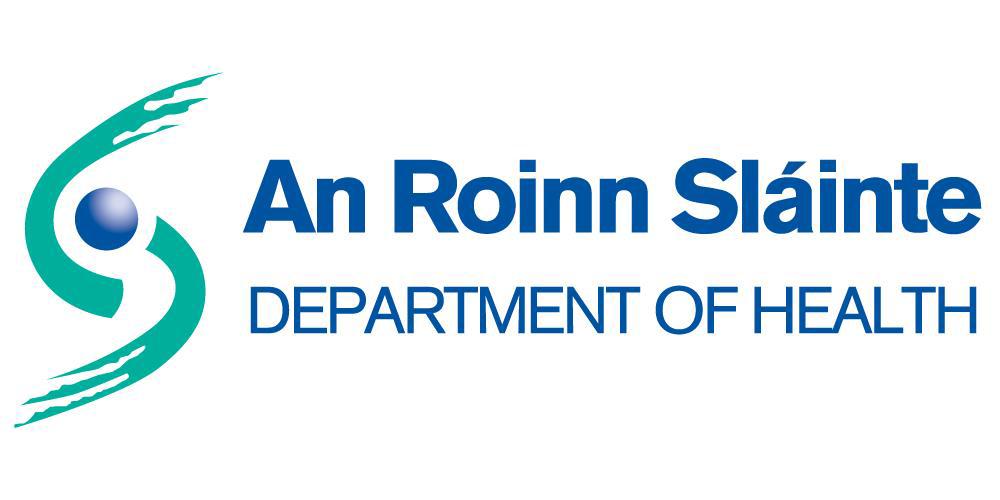
[dropcap]T[/dropcap]he Department of Health received €685 million in Tuesday’s budget, which will allow for procurement of 1,800 additional health sector staff.
€90 million has been allocated to allow patients access medical care and a further allocation
of €55m for the National Treatment Purchase Fund (NTPF) which almost trebles the amount
given to that fund last year.
The total budget for 2018 is €60.9 billion which represents €12,700 per person in the country, a
budget designed to “promote fairness and re-balance our economy” according to Minister for Finance Paschal Donohue.
Prescription charges will be reduced from €2.50 to €2.00 per item and in addition the maximum monthly limit will be reduced from €25 to €20 per person or family per month.
Many groups feel this was not far reaching enough, as the reduction is only applicable to the over 70s.
Fianna Fail’s Michael McGrath was quick to attack what he referred to as the PR exercise of ‘talk about housing and health, rather than doing’ by the government.
“You had your chance to influence this Government when the opportunity was there but you bottled it,” McGrath said when addressing Sinn Féin.
Ireland’s spending on health is already over 30 per cent higher that the OECD average, but this has
not impacted the number of patients still on waiting lists or hospital trolleys across the country.
Fine Gael TD Peter Burke, a chartered Accountant, lamented the lack of far reaching thought in the budget, saying:” We need a bed capacity review, this would have been more realistic to see where our primary care plan needs to be addressed.”
With the already topped up health budget from this financial year in play, the total department budget for health now stands at €15.3 billion.
Orla O’Driscoll
Image Credit: Department of Health



